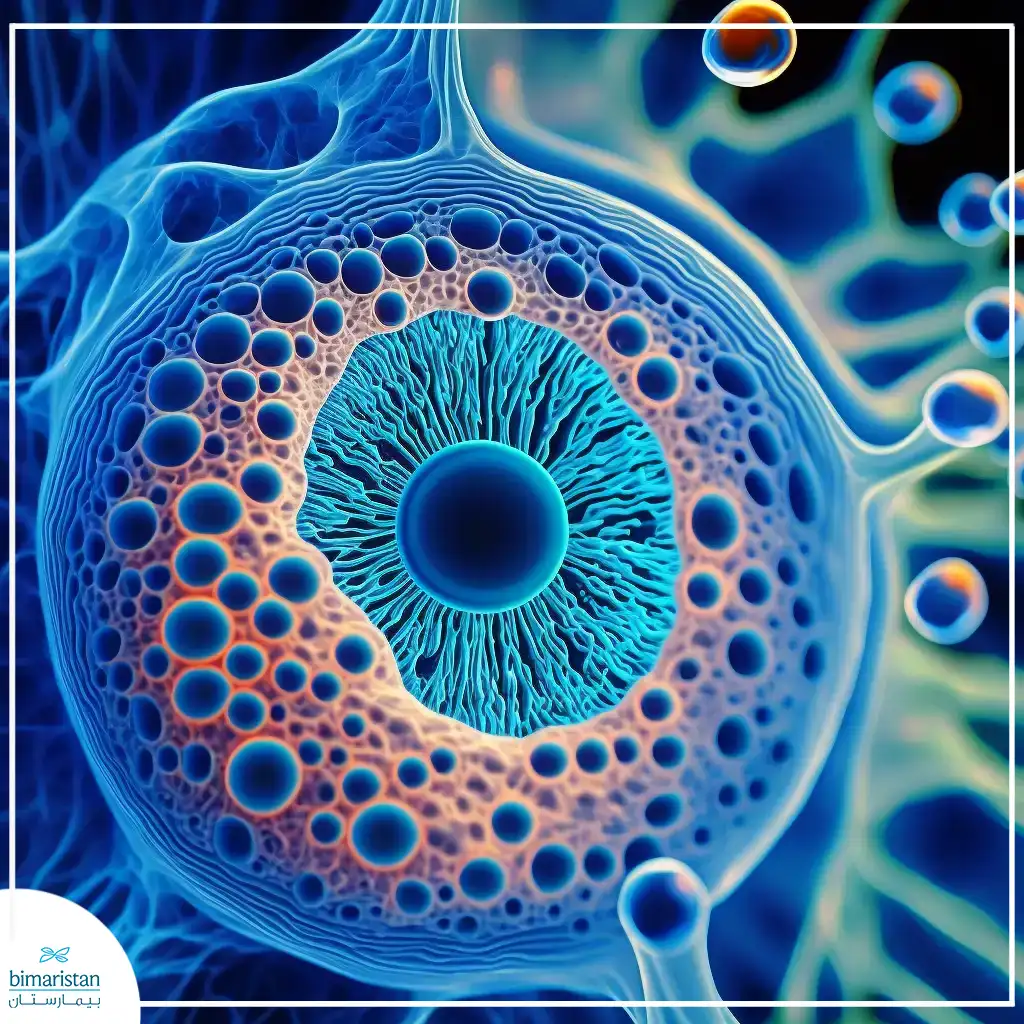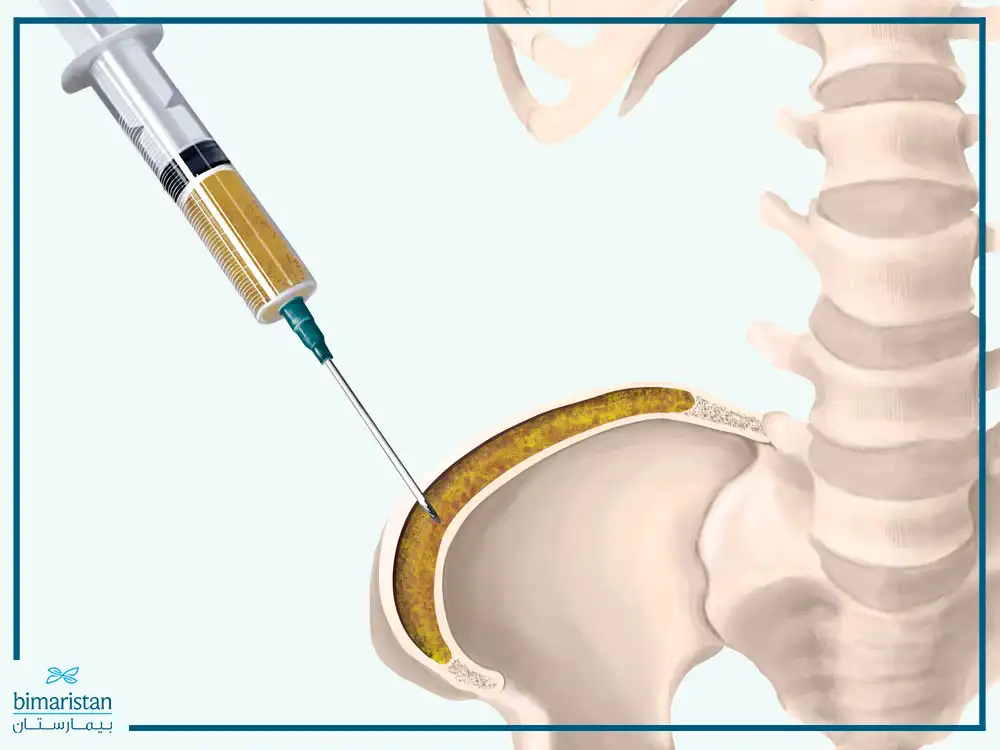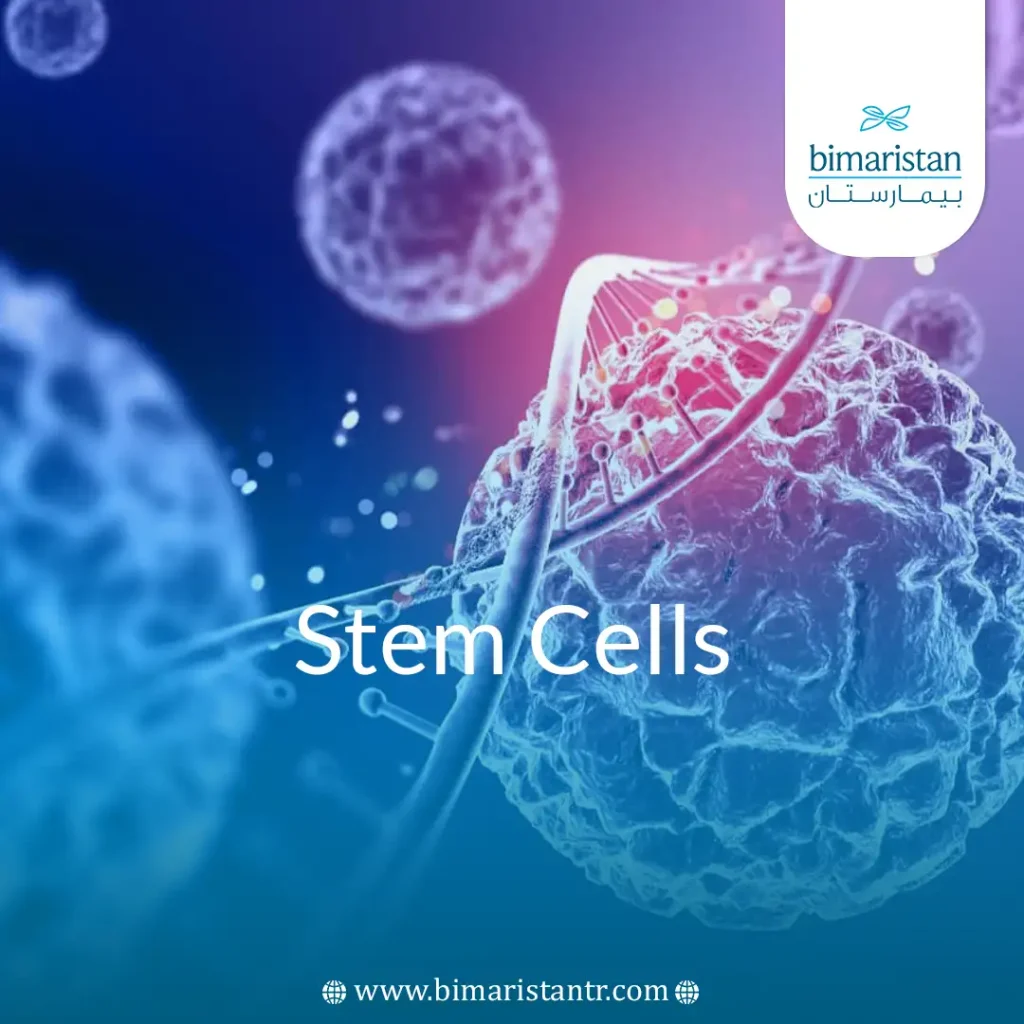Scientists and doctors are intrigued by the potential of stem cells in treating refractory diseases, surpassing traditional treatments.
You might have heard and wondered about stem cell science and the controversy it has generated. In this article, we provide you with an overview of stem cells that will answer all your important questions.
Introduction to stem cells
Stem cell therapy, also known as regenerative medicine, is one of the most prominent breakthroughs in the field of organ transplantation. Scientists have proven that stem cells or their derivatives can be used to replace damaged organs instead of transplanting the organ itself!
What are stem cells?
Stem cells are a type of cells characterized by their ability to multiply and transform into various specialized cell types in the body. They are an important source for scientific and medical research, as they can be used to treat many diseases and injuries.
They can be used in various specialties, including the treatment of chronic diseases such as cancer, cardiovascular diseases, autism, and paralysis. They are also used in producing new types of tissues and organs in the laboratory, opening new avenues for disease treatment and improving the quality of life for patients.



- The National Academies Press
- Journal of Allergy and Clinical Immunology
